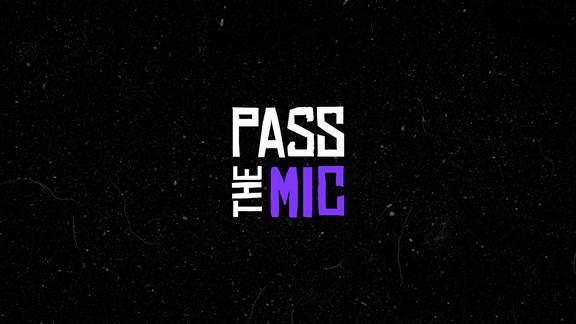Today, on Global Accessibility Awareness Day, Kevin Mar-molinero, Director of Experience Technologies, shares his lived experiences and learnings with us around why it’s important to design exclusion out of the system before it’s experienced.

A11y and me
Accessibility is a word we’re hearing more and more.
It could be considered by some as a trend, a fashion or worse still, virtue signalling in a time when purpose is seen as a way of progressing your career.
I ask you instead to stop and consider what it actually means. You see, all of us are likely touched by disability. 1 in 5 in the United Kingdom have a disability, and I challenge you to say you don’t know anyone who lives with some sort of condition or impairment.
I myself have two superpowers.
Anyone who’s ever read an unedited draft of something I’ve written will attest to the fact my dyslexia can make for interesting prose. Like many people with dyslexia, I’ve found coping mechanisms, for example I highlight chunks of text with a cursor on web pages so they’re easier to distinguish.
This is something that can prompt an action I do not want on many websites and block my ability to read something. Somewhere along the way, a pattern was designed that decided highlighting text means I want to share it on social media, or as a snippet. This UX pattern in fact hampers my ability to read. It blocks me from access.
For me, reading and writing requires a lot of energy. To use language from the disability community, “it uses up one of my spoons.” By the end of the working day, the last thing I want to engage with is the written form, so I'll often try to schedule meetings or calls instead.
Fundamentally digital access and accessibility is about different means of engaging.
If I am to consider my designs, my javascript library or my clever innovation as more important than equal access, I'm deciding that some people are less important than others. I'm deciding that it’s their disability or impairment that causes the issue, not my arrogance or actions.
This Global Accessibility Awareness Day, I ask you to consider your own impairment.
This could be anything from glasses, dyslexia, arthritis or chronic fatigue syndrome brought on by long covid. I ask you to think about your family members, those who are older and may have multiple conditions or those in society who only have so many ‘spoons’ in a day, and think how do I allow for equal access.
As someone who was told for years they were “bad” at maths because numbers meant nothing to them (dyscalculia), or that their spelling would stop them getting senior jobs (dyslexia) there is nothing more liberating than knowing different doesn’t mean bad, and that you’ve been thought of as a person and not as a nuisance.
I was lucky enough to succeed despite society thinking of my impairments as problems, but my hope is that will never be the case for anyone else, and we’ll design exclusion out of the system before it’s experienced.